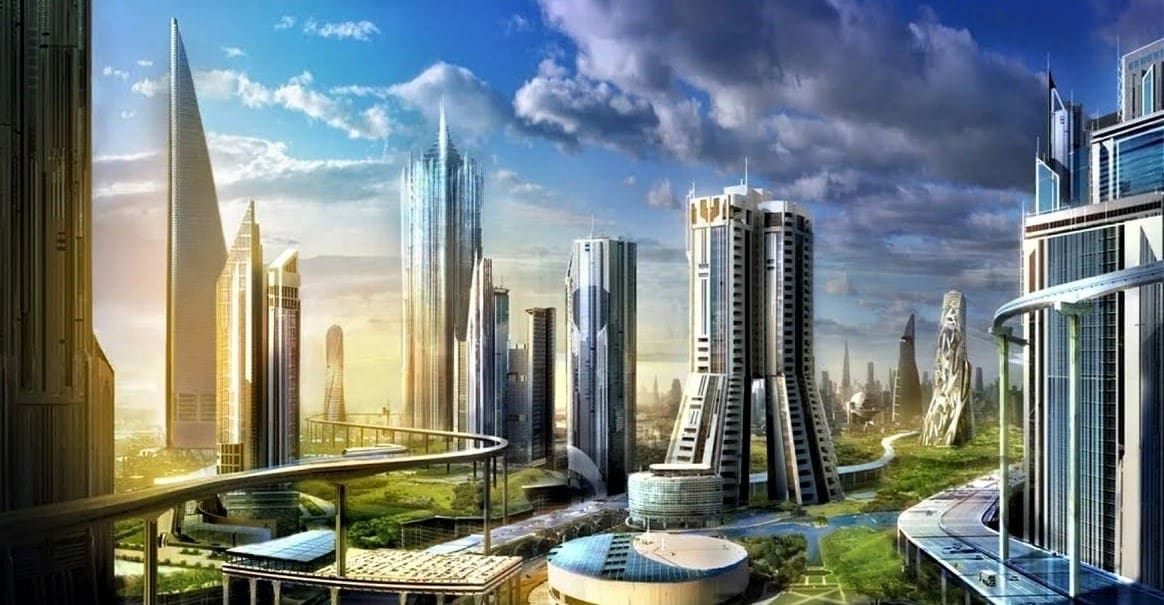
Factories of the Future: The Next Industrial Revolution
The global industrial sector is undergoing a radical transformation driven by technological advancements. Factories of the future represent a new era of smart and sustainable manufacturing, leveraging cutting-edge technologies such as artificial intelligence (AI), the Internet of Things (IoT), 3D printing, and automation. These innovations enable more efficient, cost-effective, and environmentally friendly production.
What Are Factories of the Future?
Factories of the future are advanced manufacturing facilities that utilize digital technologies and AI to achieve autonomous production, real-time data analysis, and precise decision-making with minimal human intervention. These technologies help reduce errors, improve product quality, and enhance productivity.
Key Features of Factories of the Future
1. Automation and Smart Robotics ?
Future factories rely on robotics and automation systems to perform complex and hazardous tasks with higher precision and efficiency than humans, improving production quality and worker safety.
2. IoT and Smart Connectivity ?
The Internet of Things (IoT) enables factories to collect and analyze data from machines and devices in real-time, facilitating performance monitoring and predictive maintenance.
3. AI and Big Data Analytics ?
With artificial intelligence, factories can process massive amounts of data, predict market demand, and dynamically optimize production processes, leading to smarter and faster decision-making.
4. 3D Printing Technology ?️
3D printing allows for the rapid and cost-effective production of spare parts and components, reducing the need for large inventories and accelerating manufacturing processes.
5. Sustainability and Energy Efficiency ?
Factories of the future focus on reducing carbon emissions, recycling materials, and utilizing renewable energy sources, making them more environmentally friendly and sustainable.
Factories of the Future in Saudi Arabia
As part of Vision 2030, Saudi Arabia is committed to transforming its industrial sector into a smart and sustainable ecosystem. The country is embracing Industry 4.0 technologies and promoting digital transformation in factories. Major industrial hubs like King Salman Industrial City and NEOM’s Oxagon are set to become global centers for advanced manufacturing and innovation.
Conclusion
Factories of the future mark a revolutionary shift in manufacturing, merging technology with production to achieve the highest levels of efficiency and quality. As nations move toward digital transformation, these factories will play a pivotal role in shaping the global economy, making them an essential part of the sustainable industrial future.